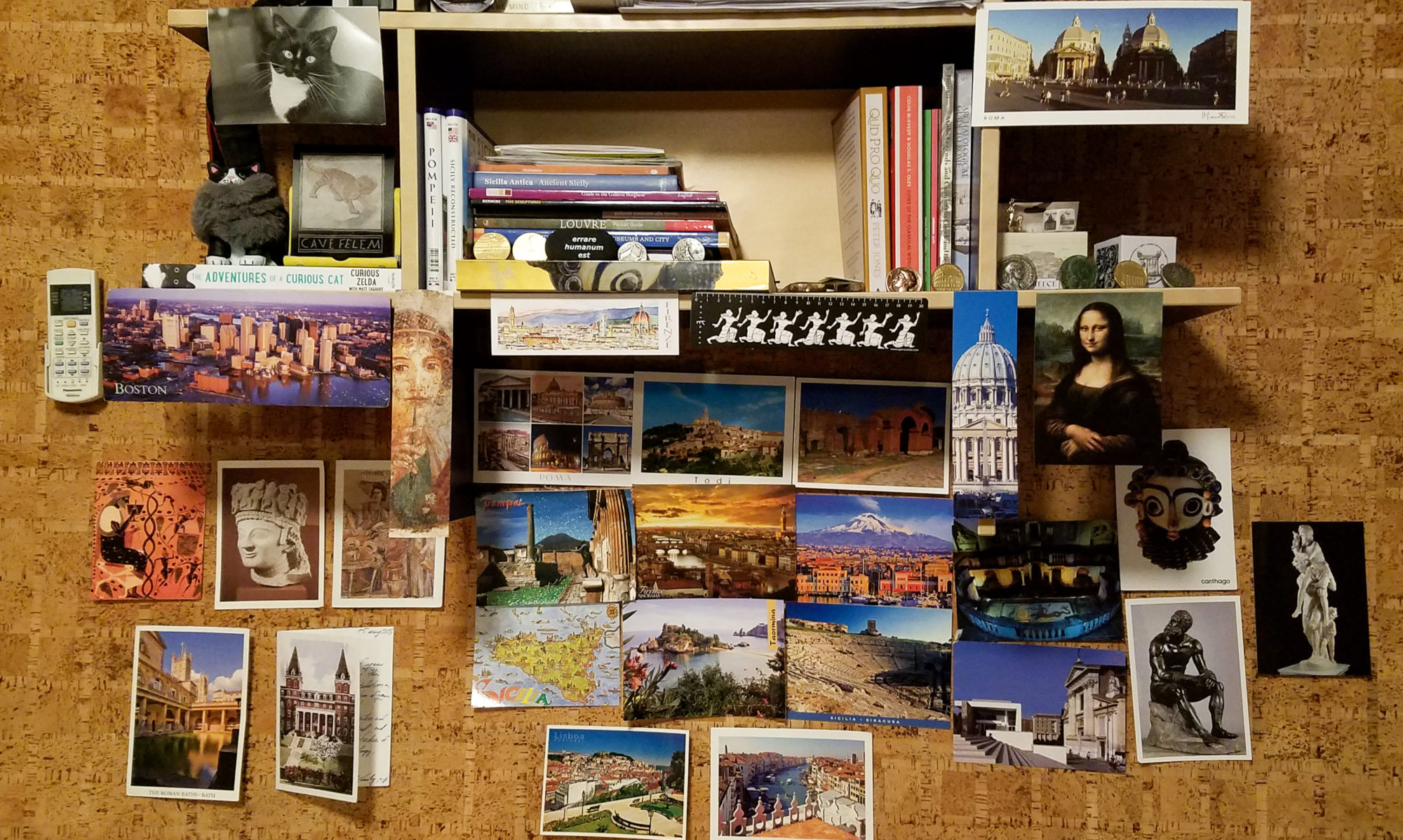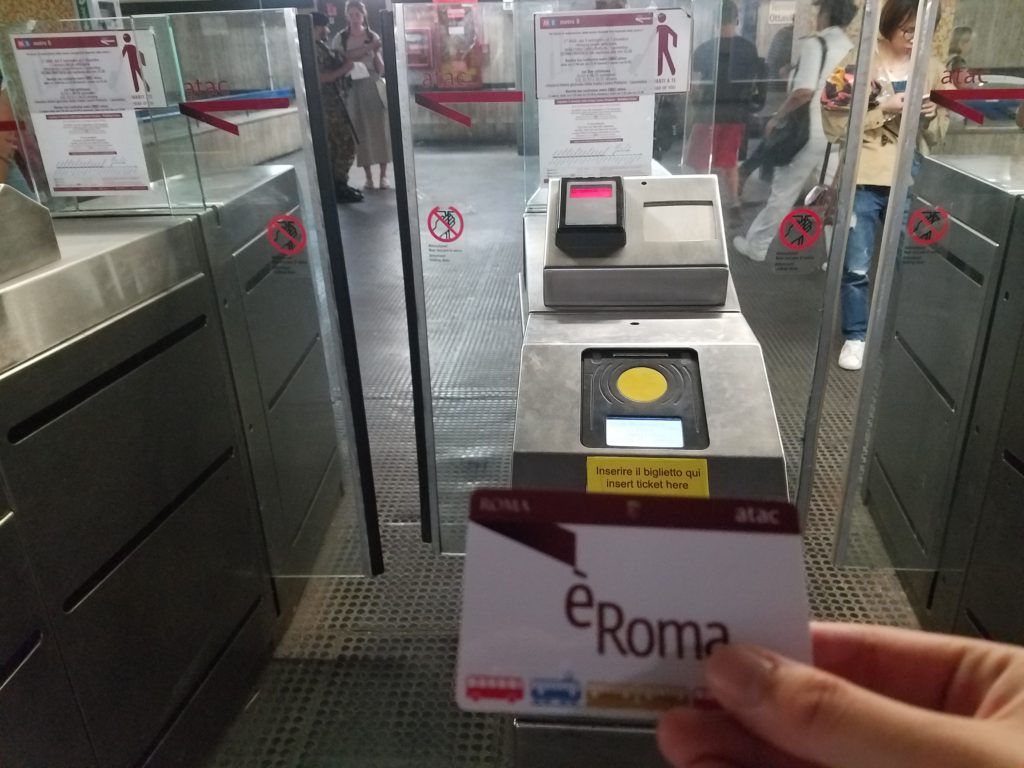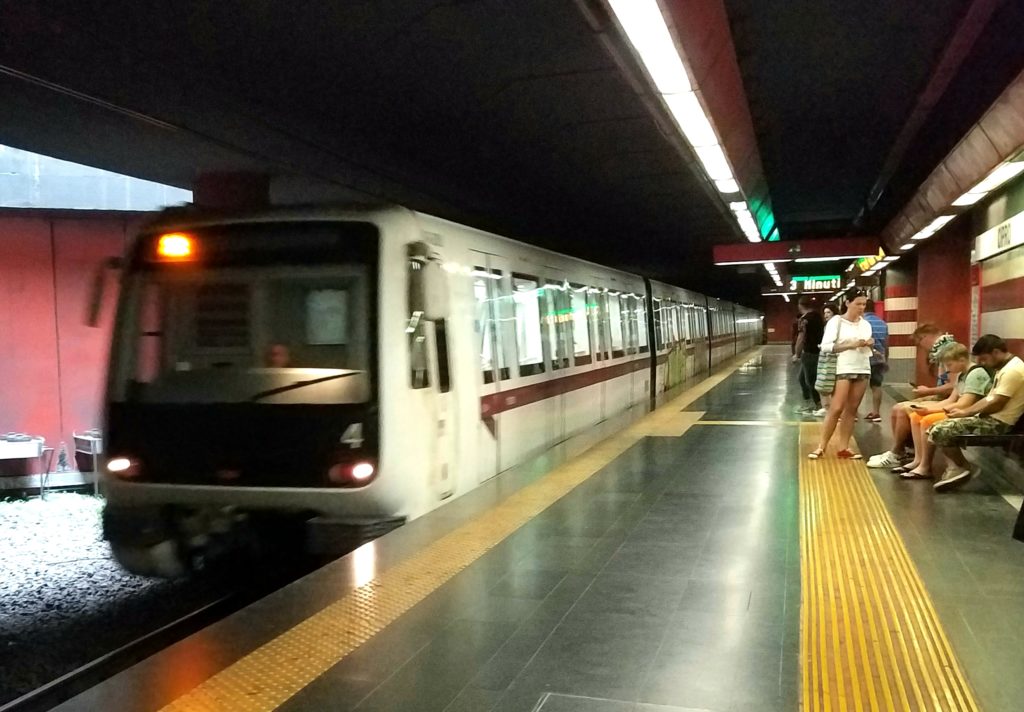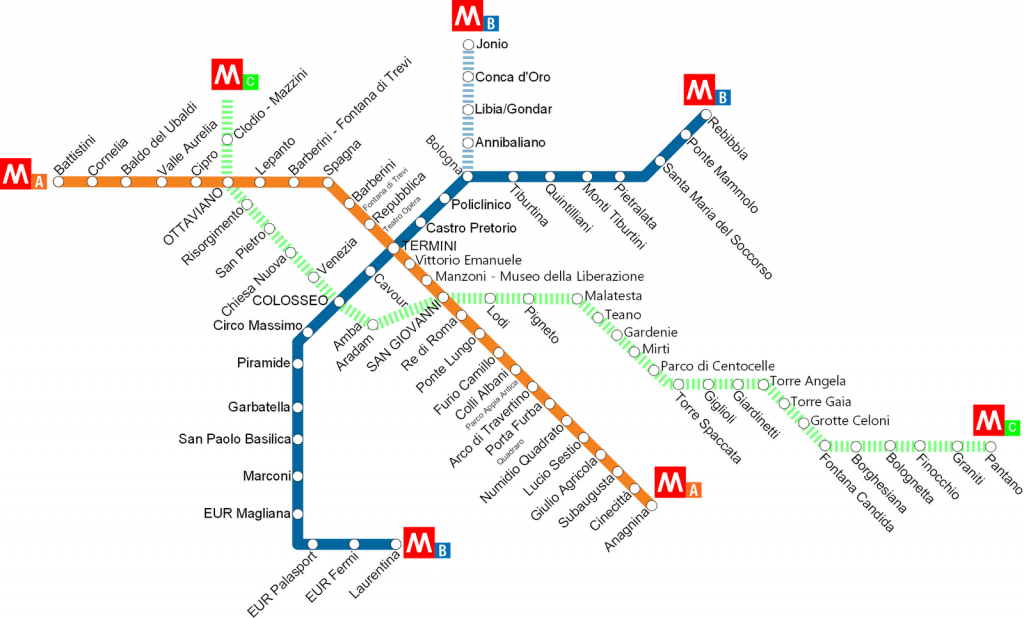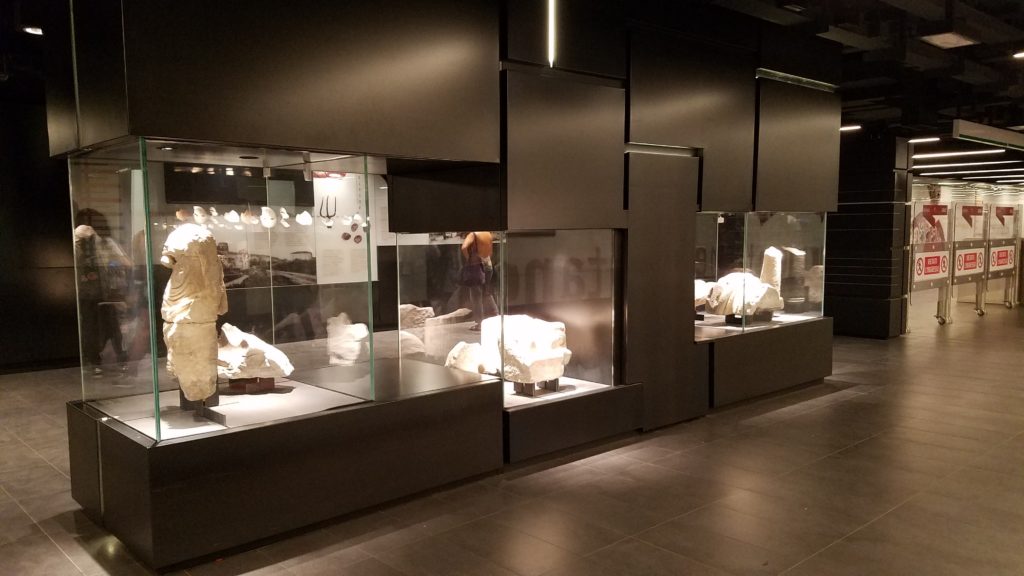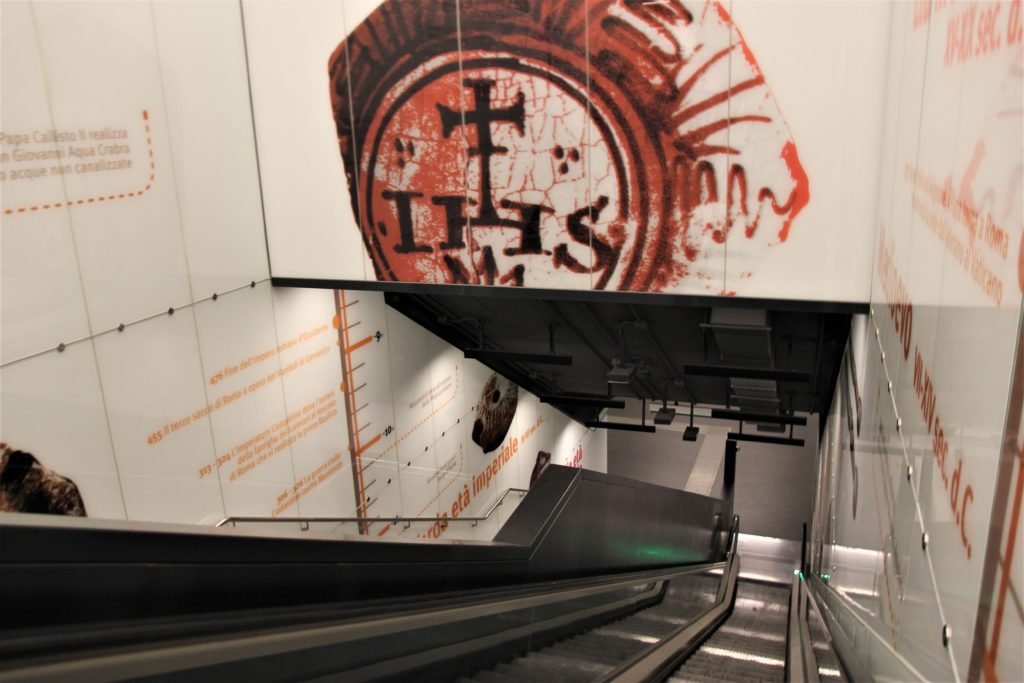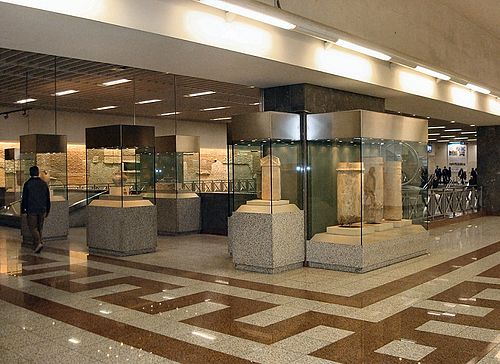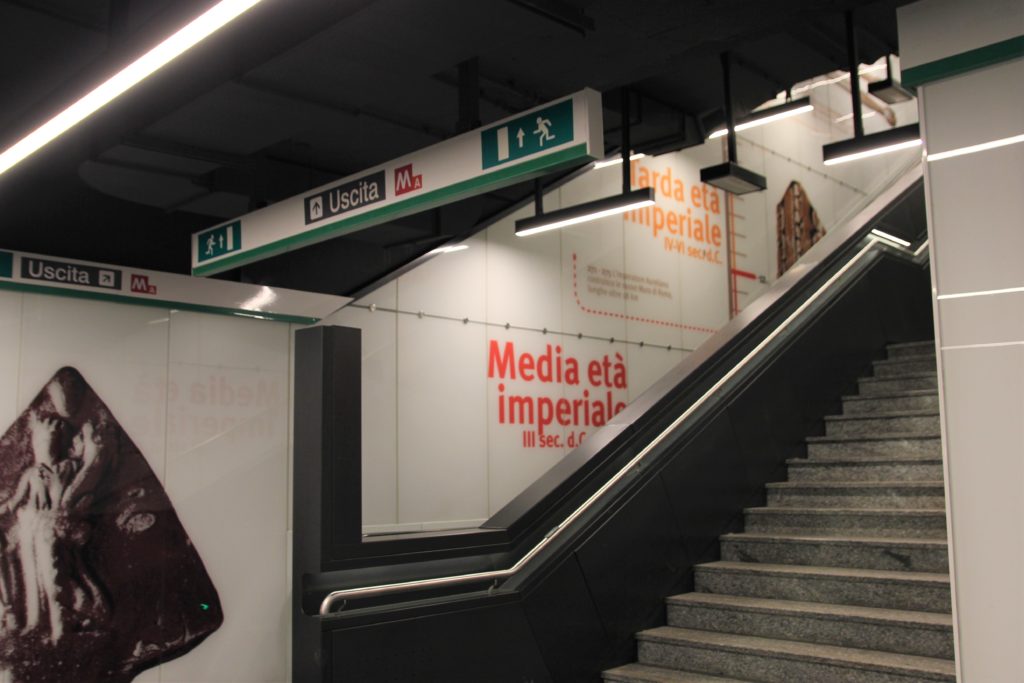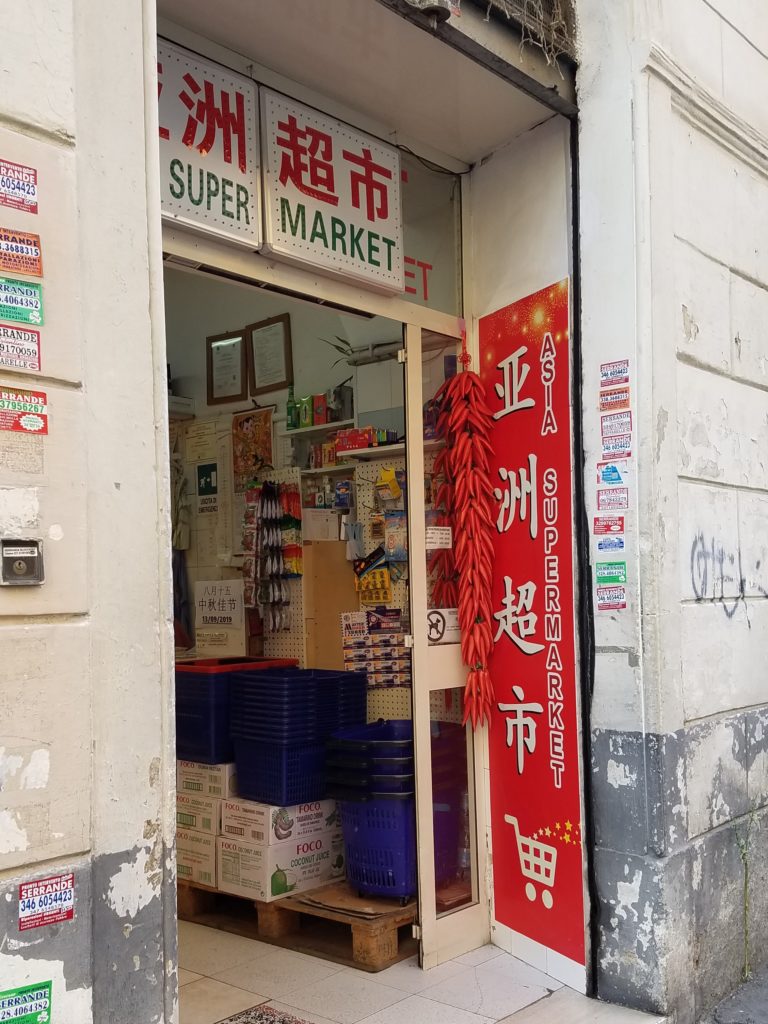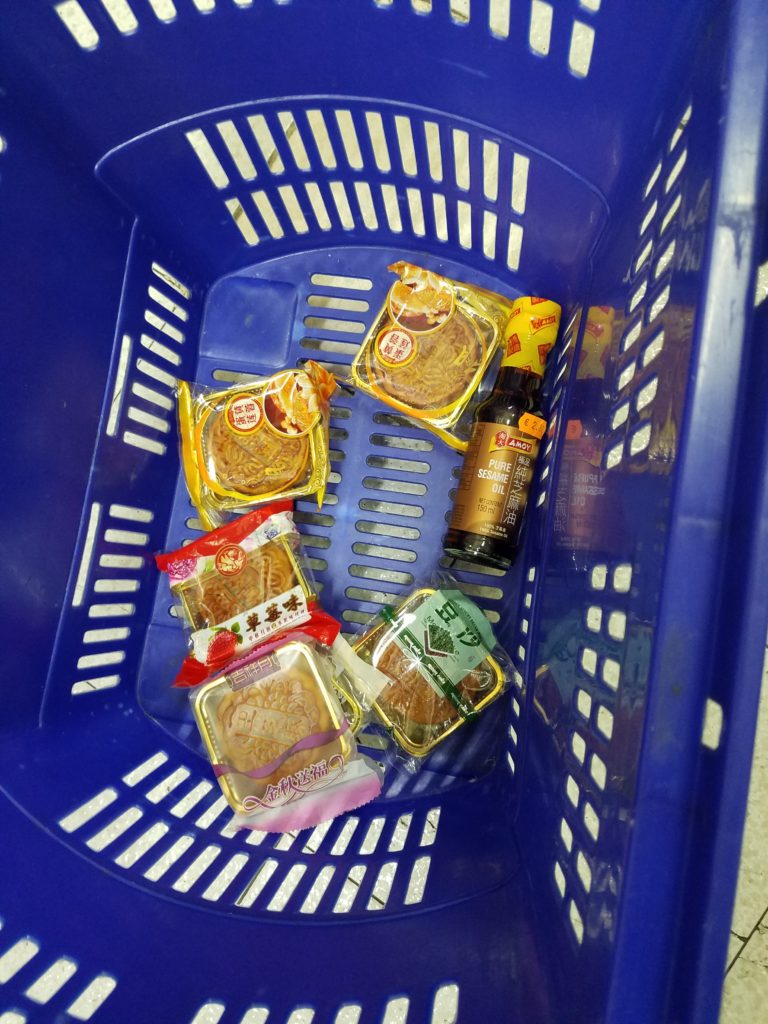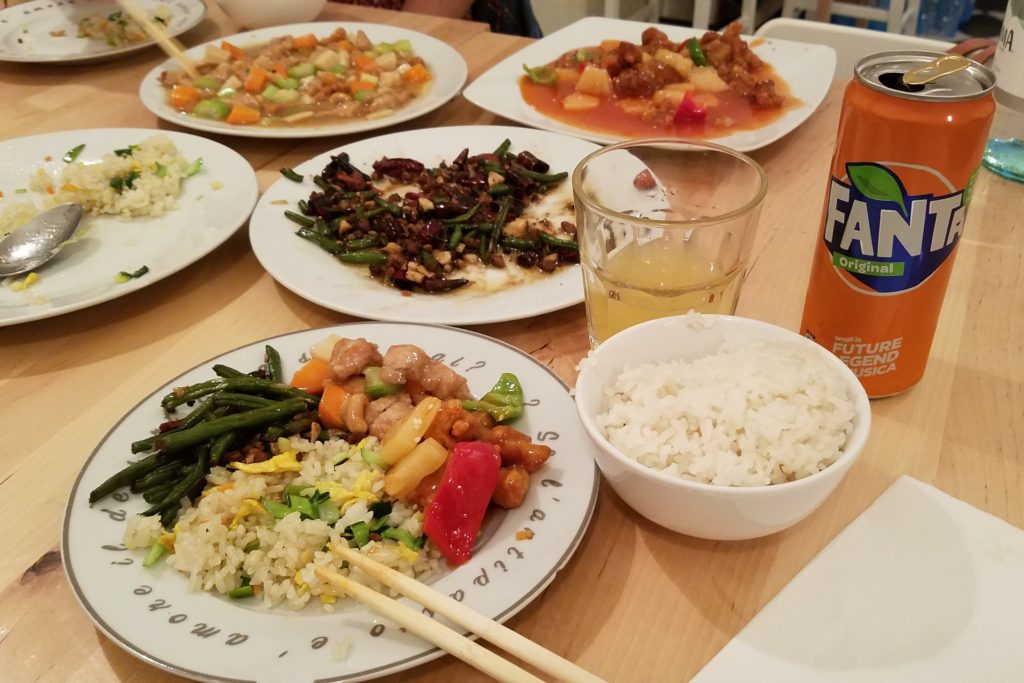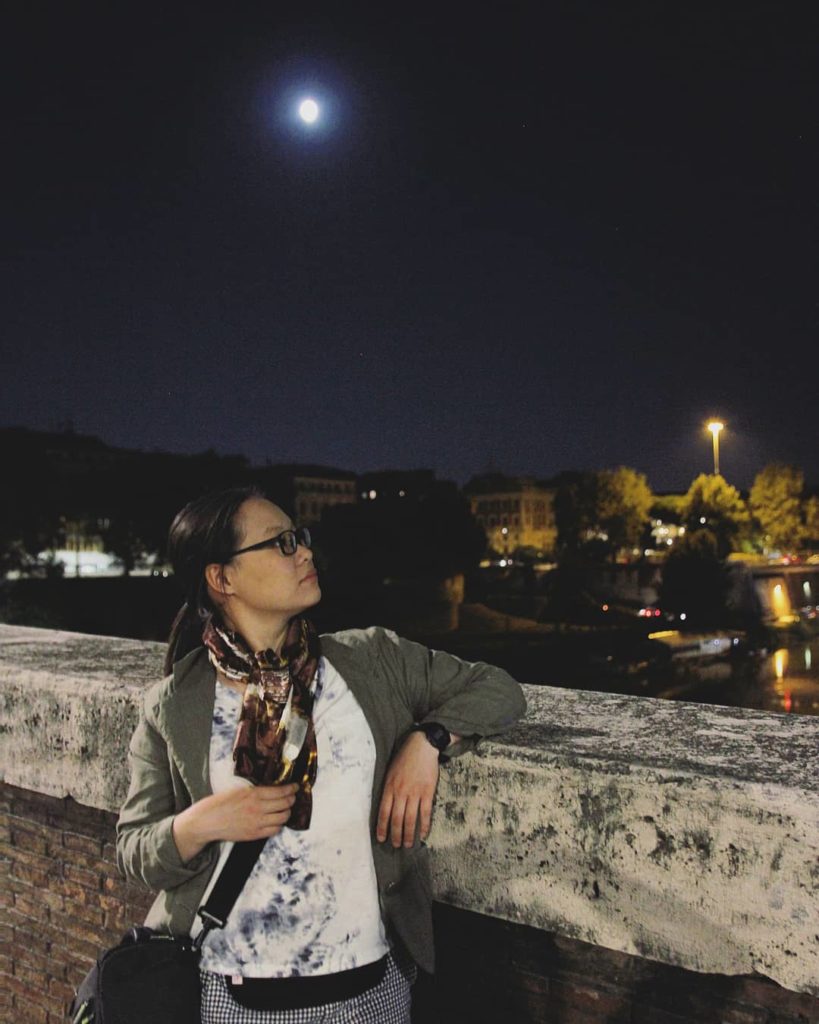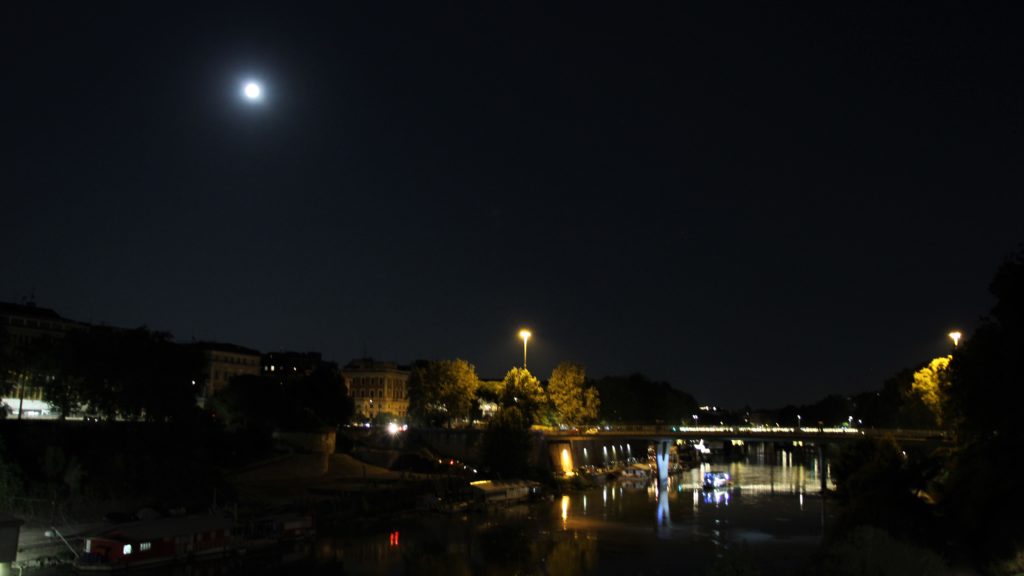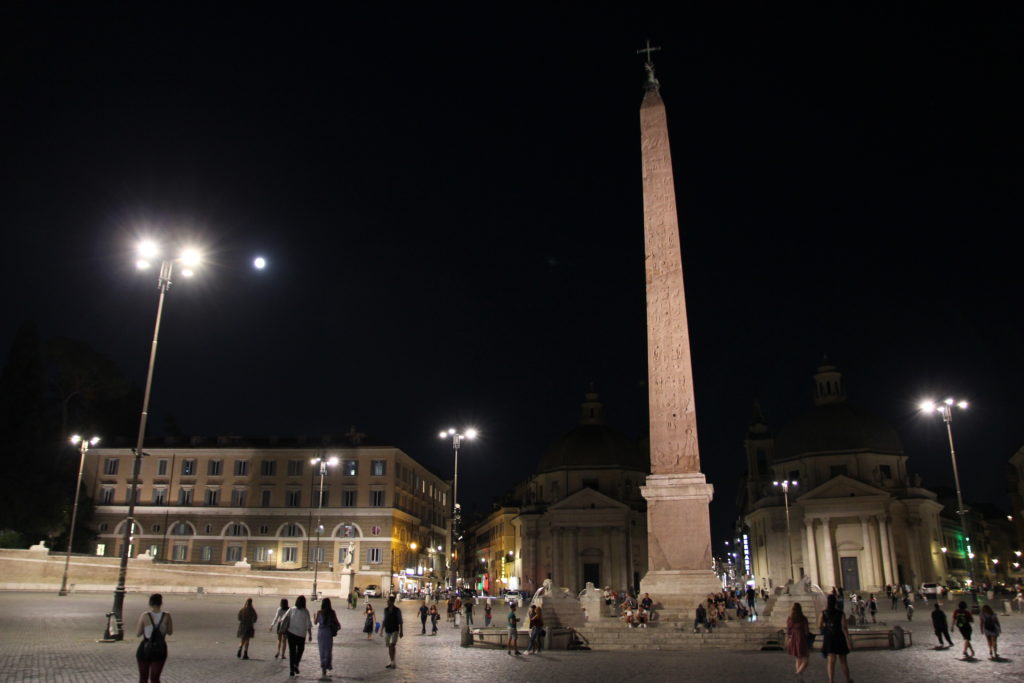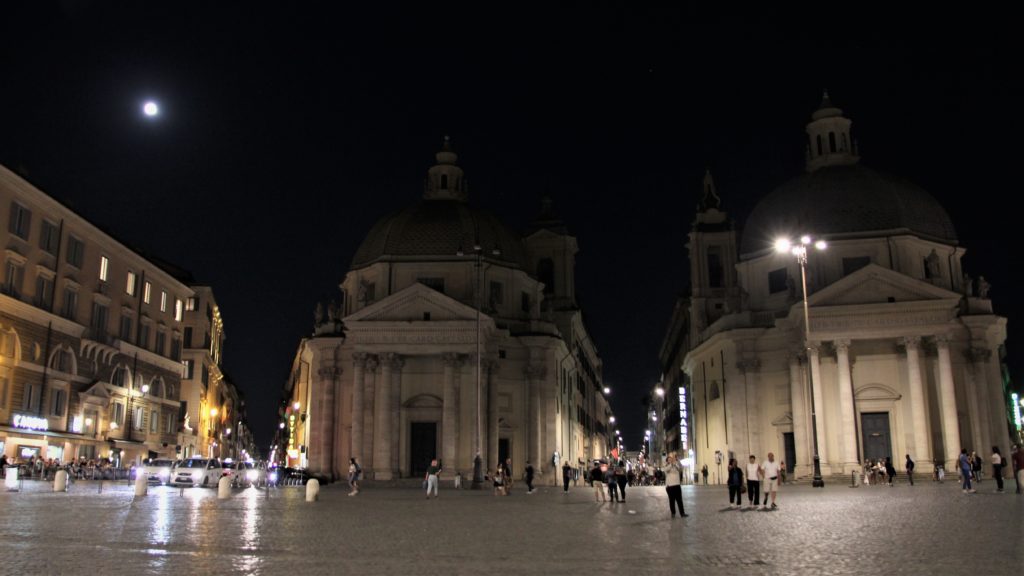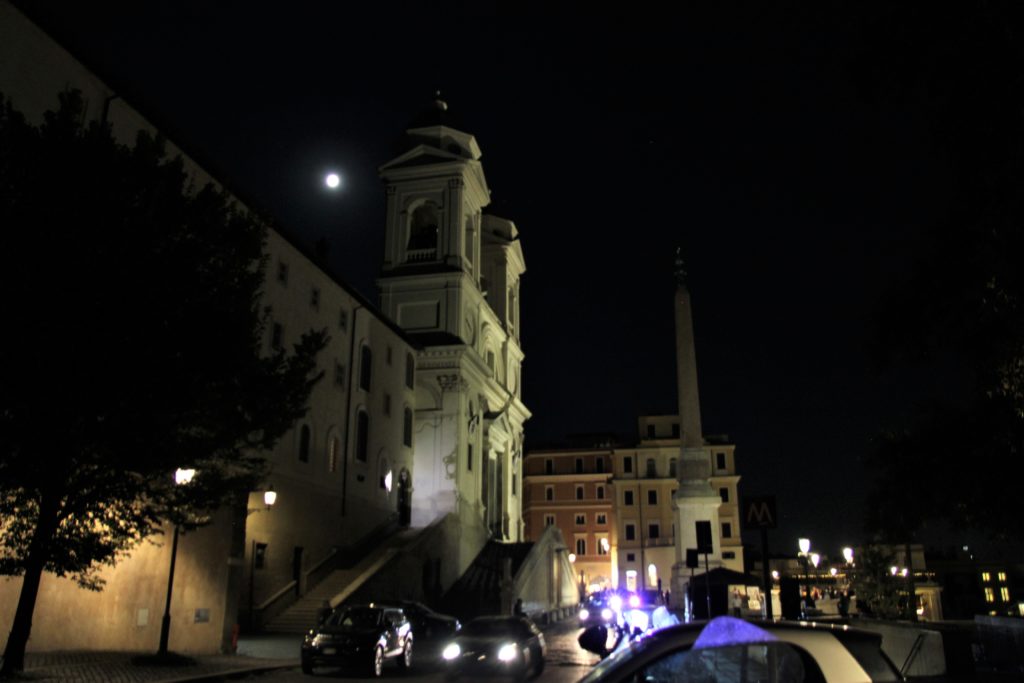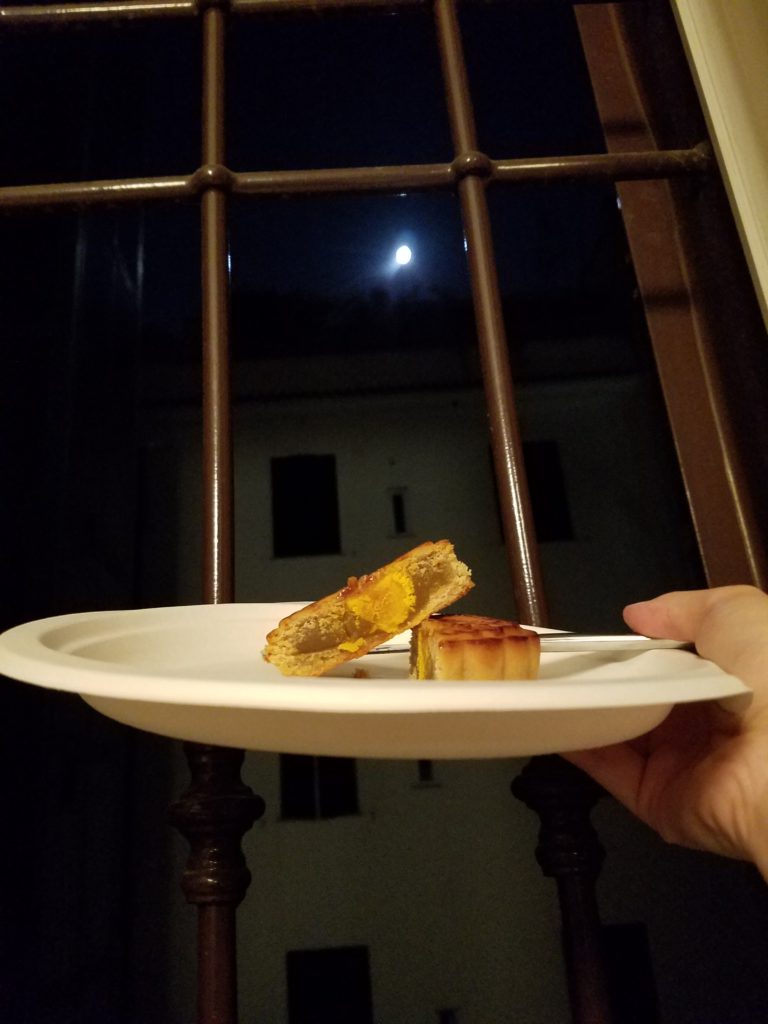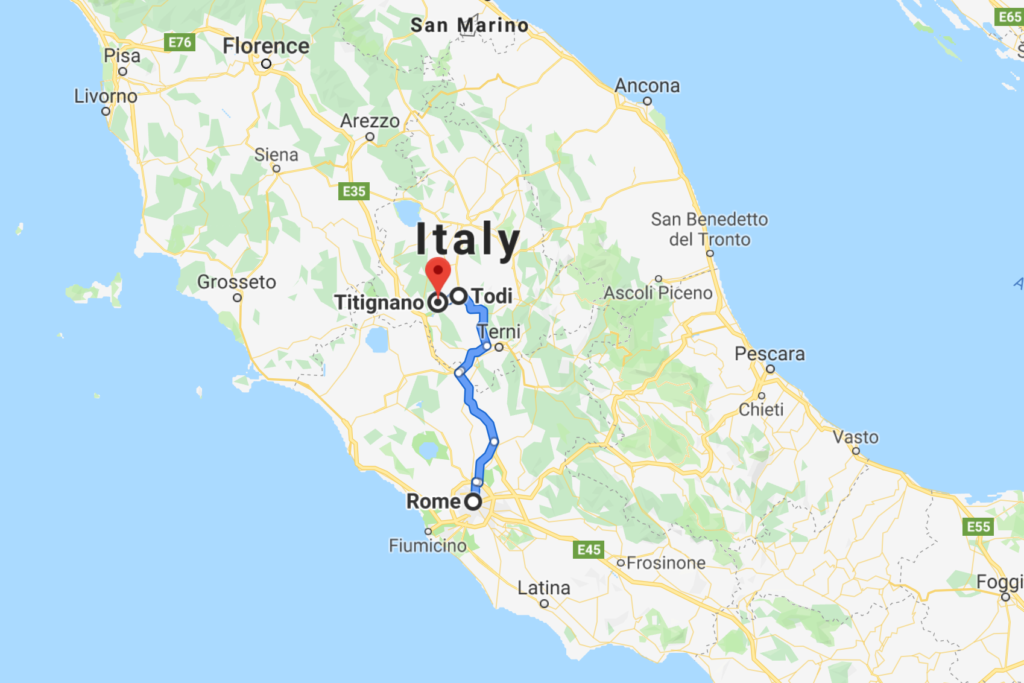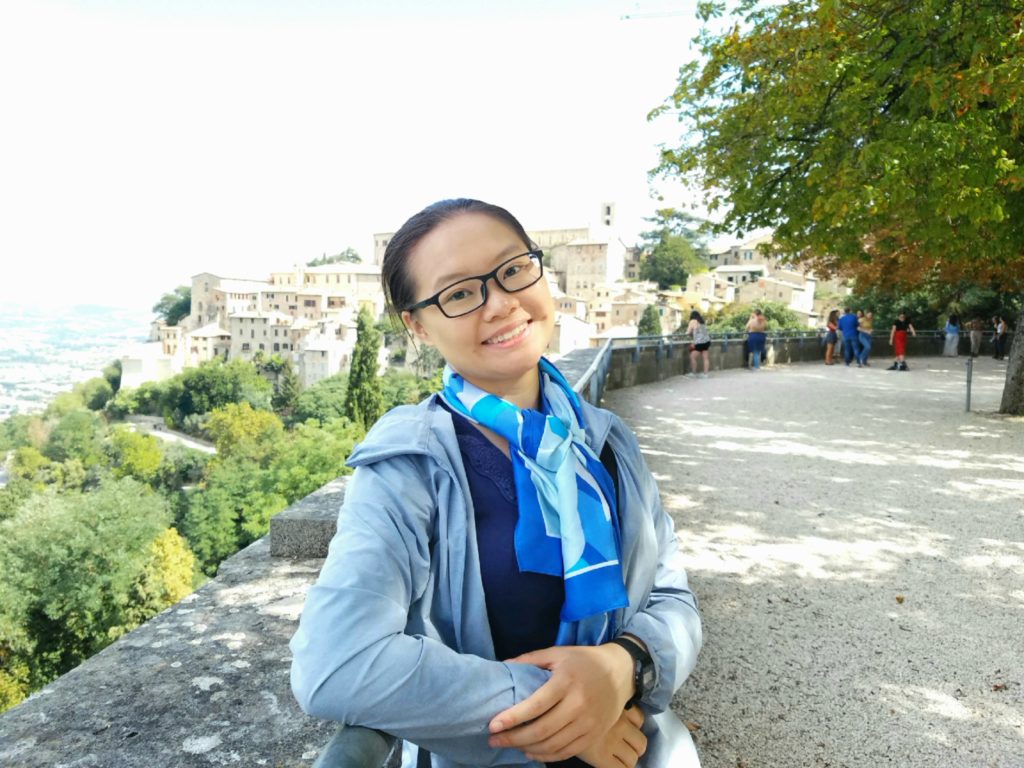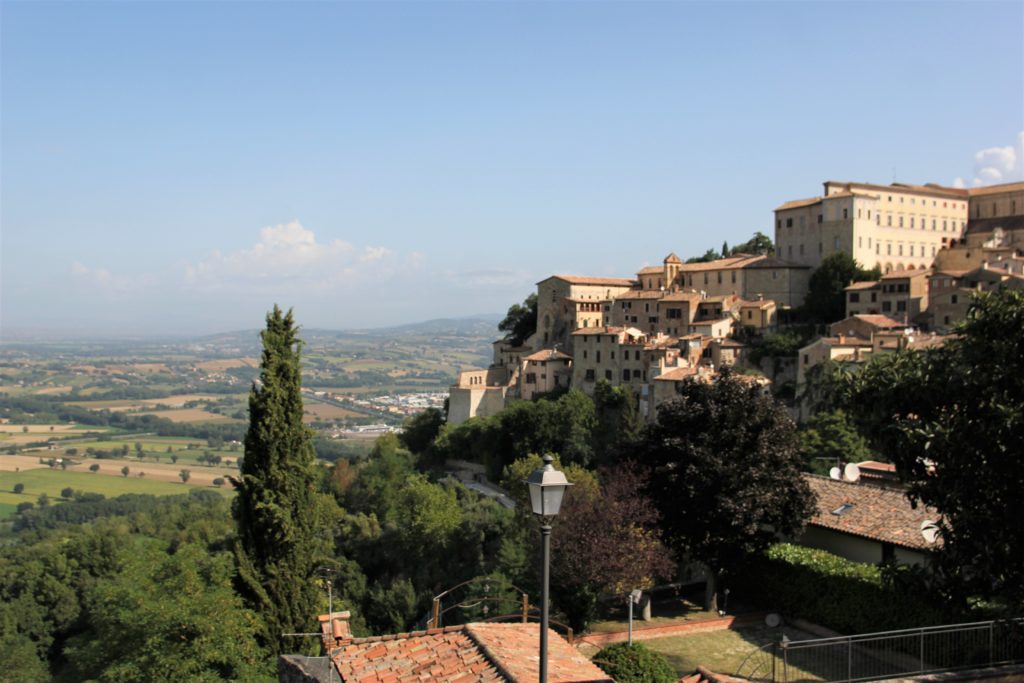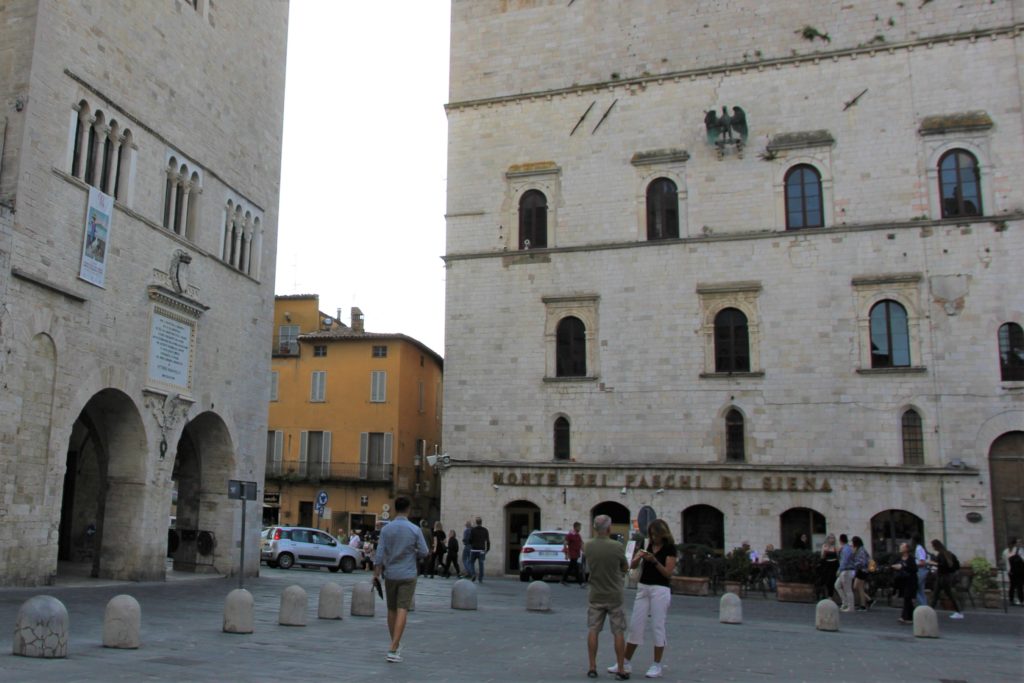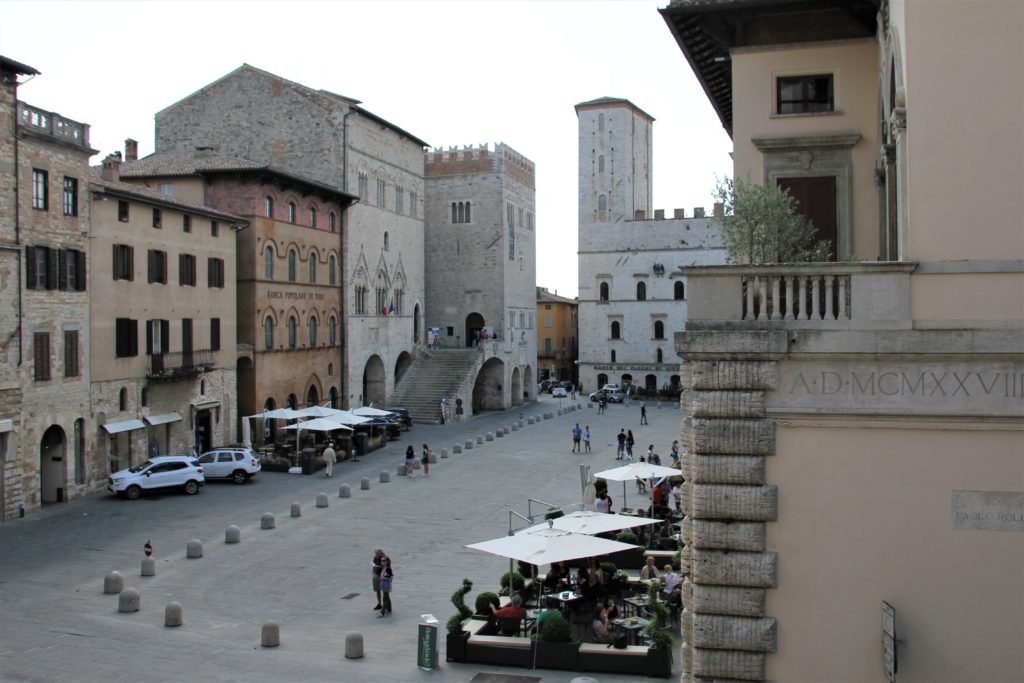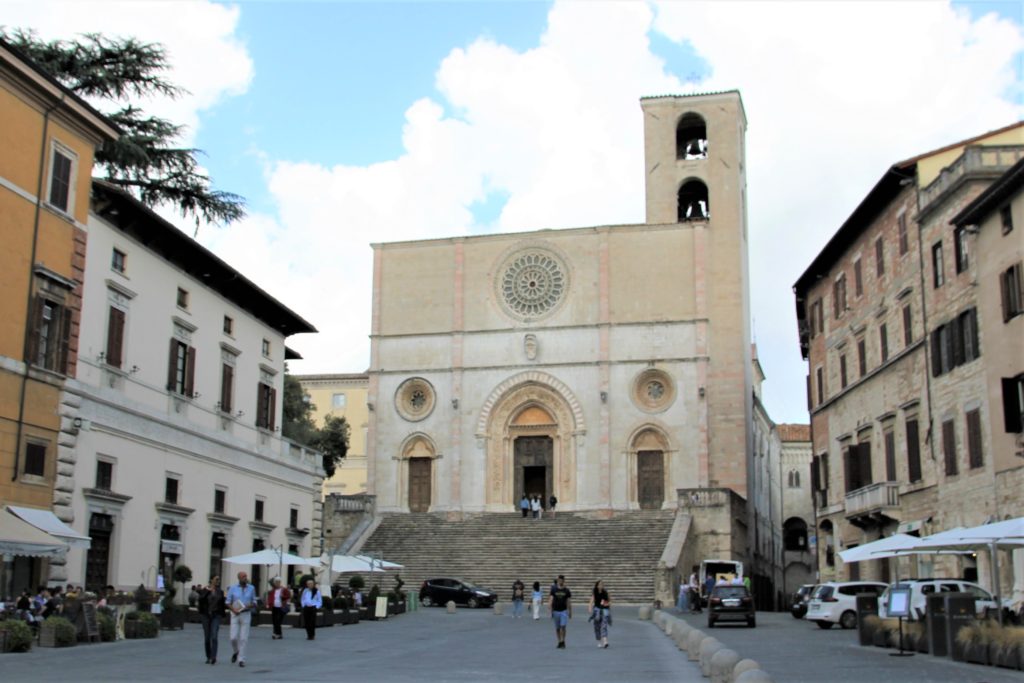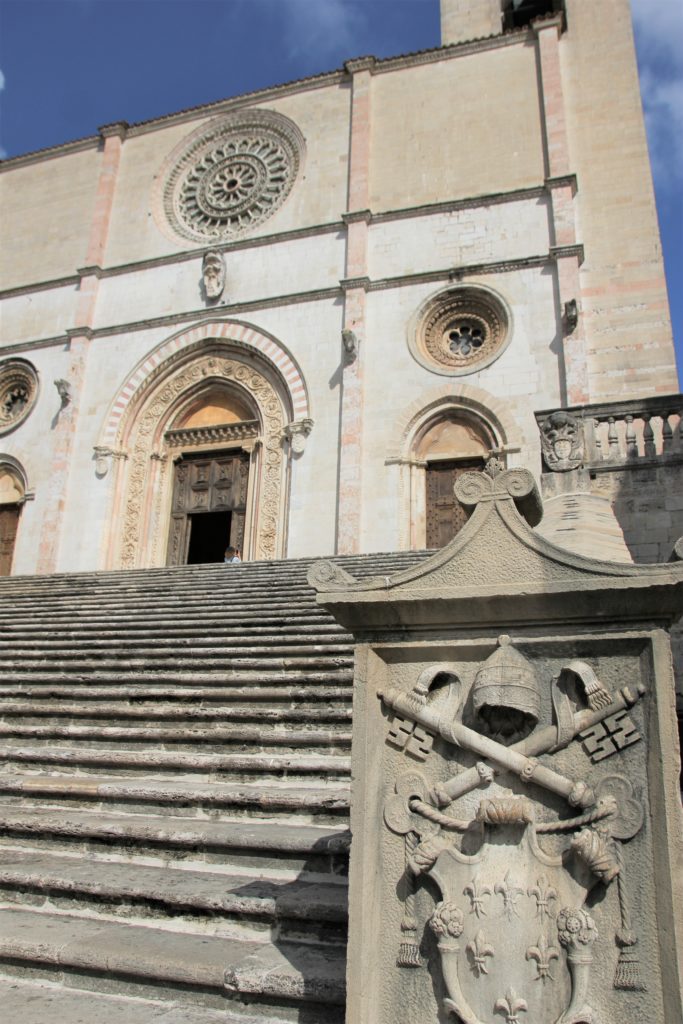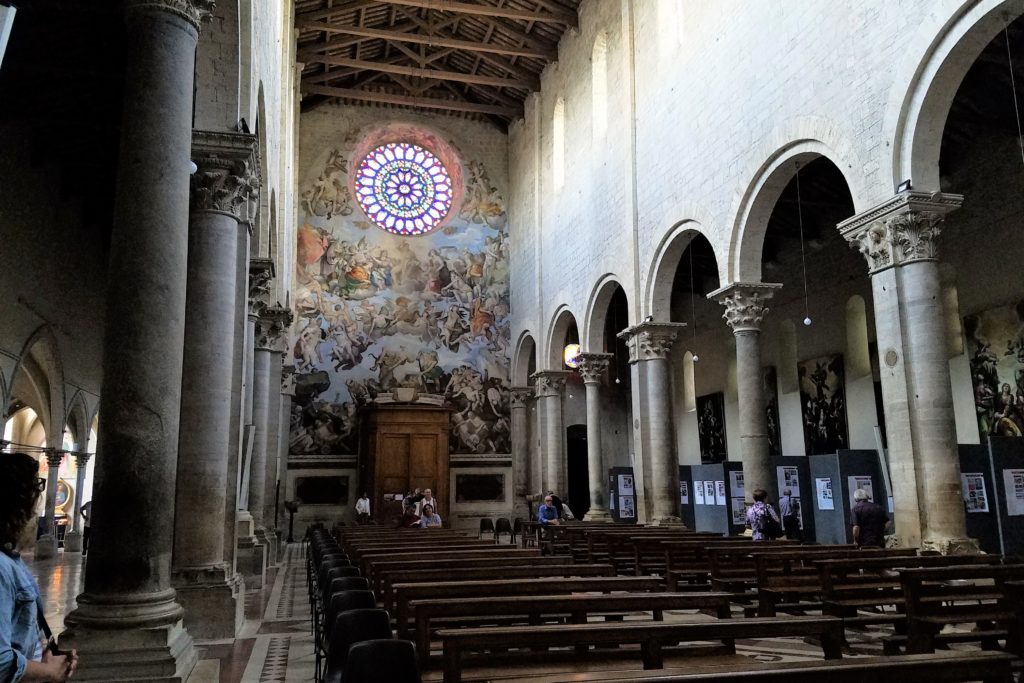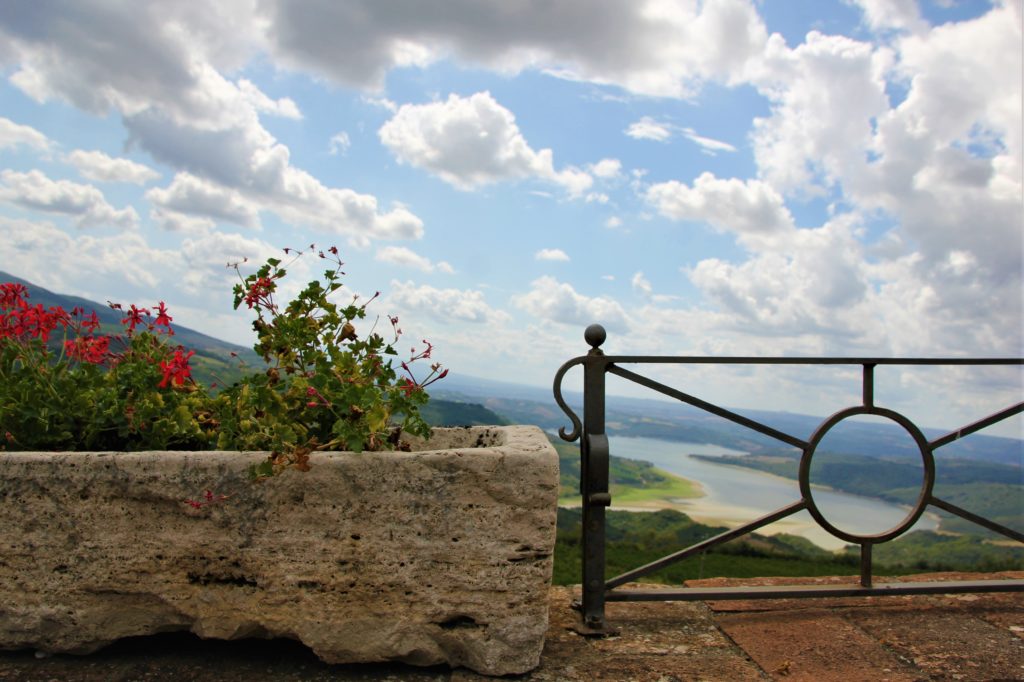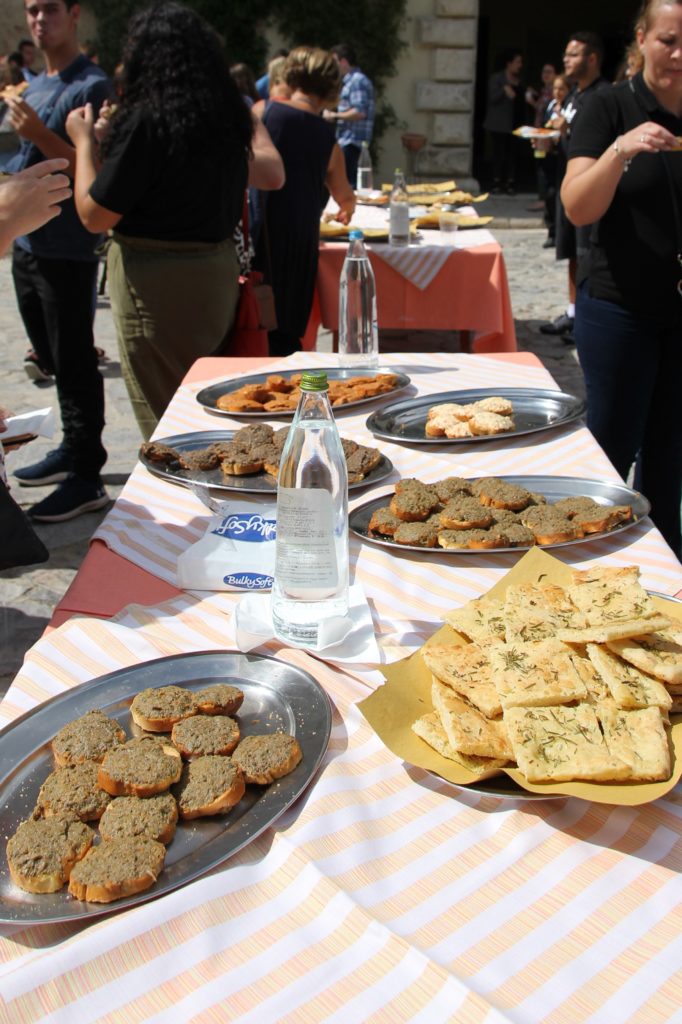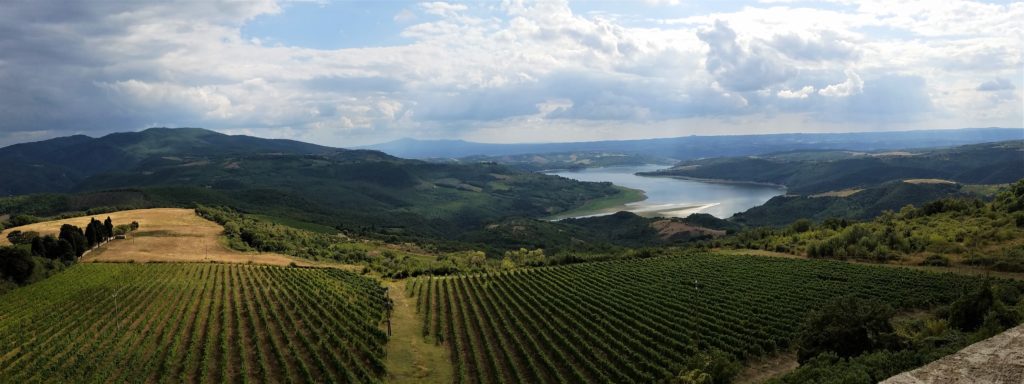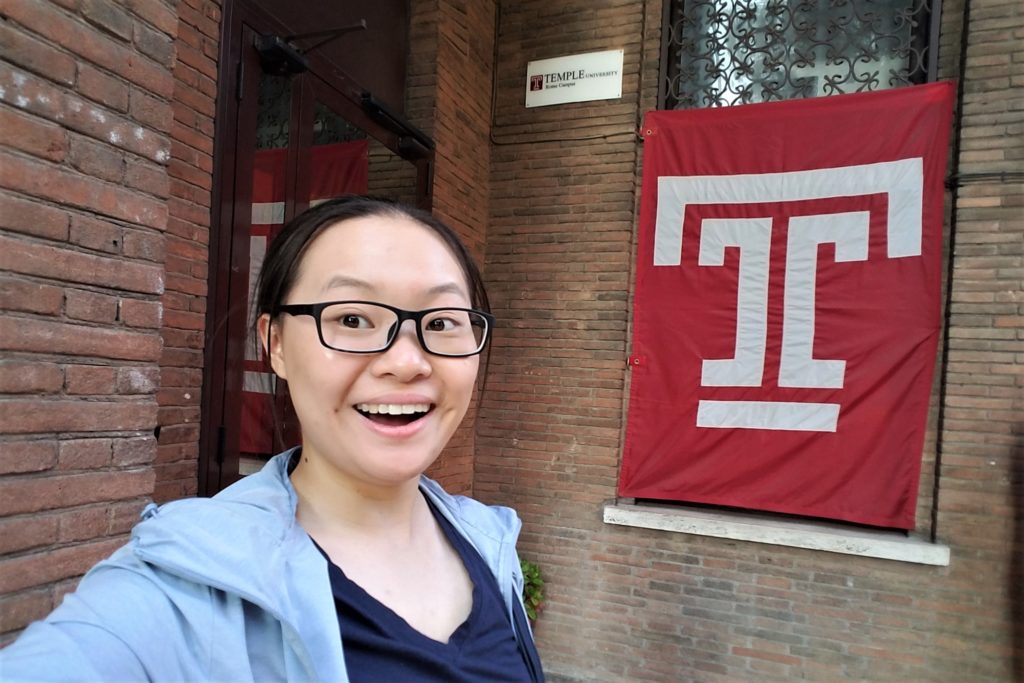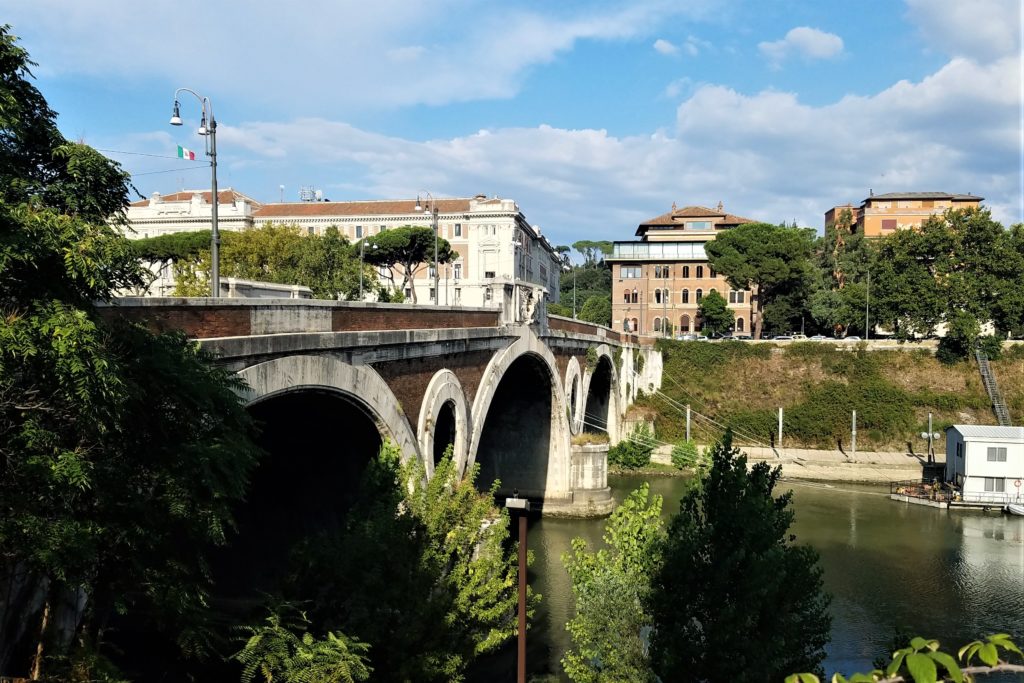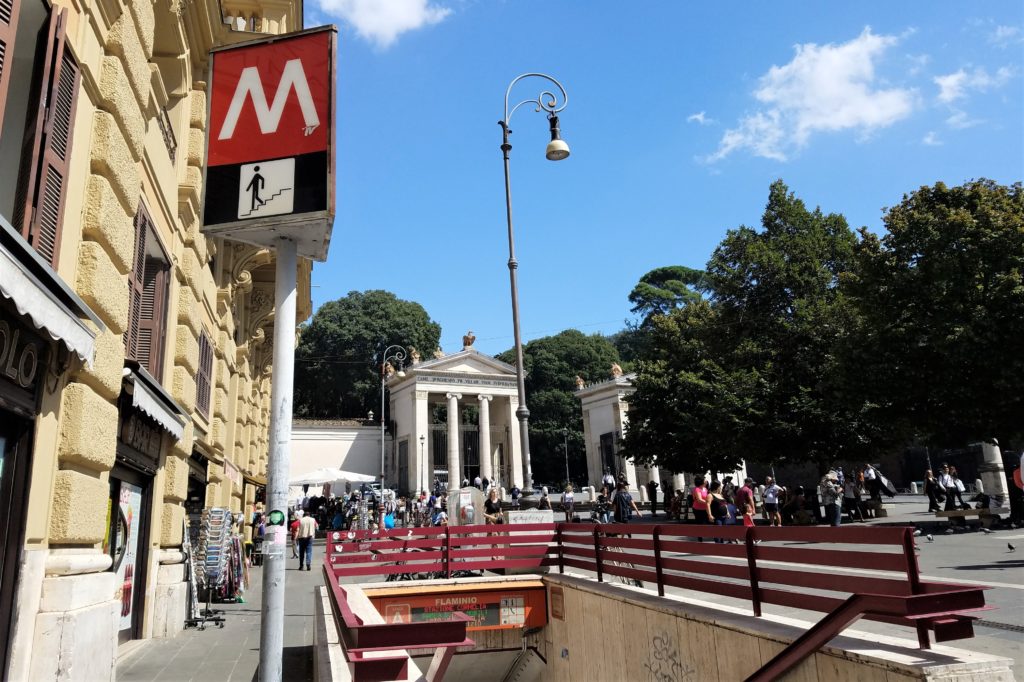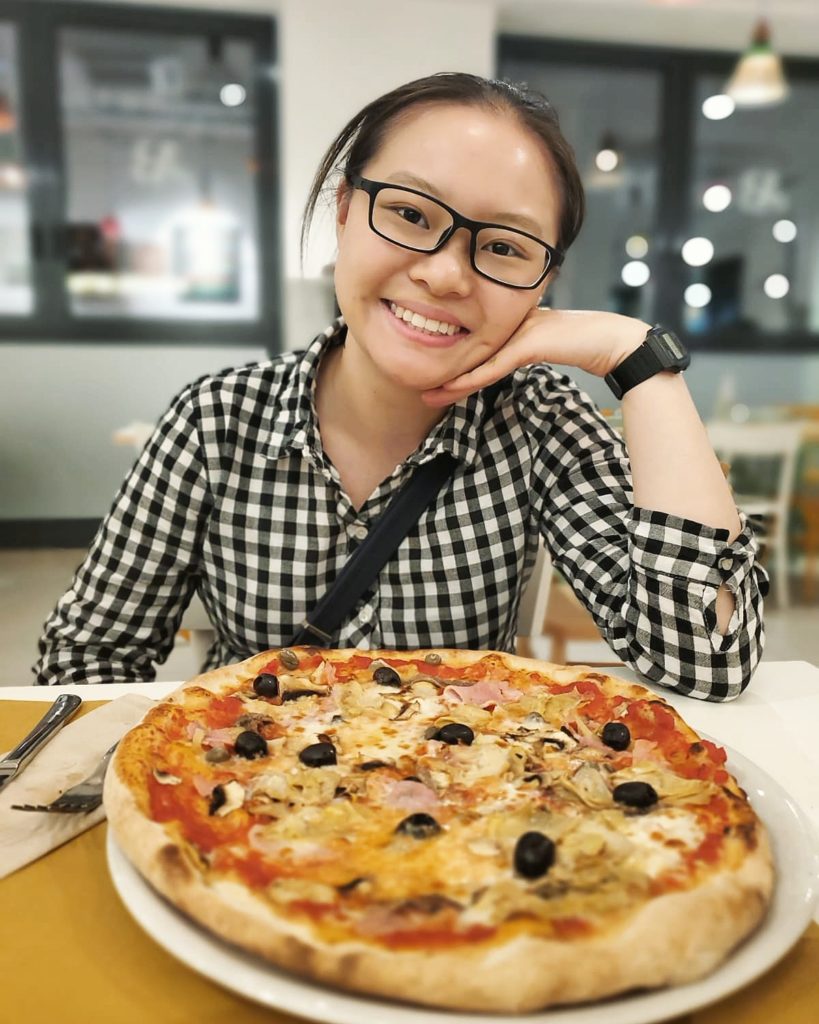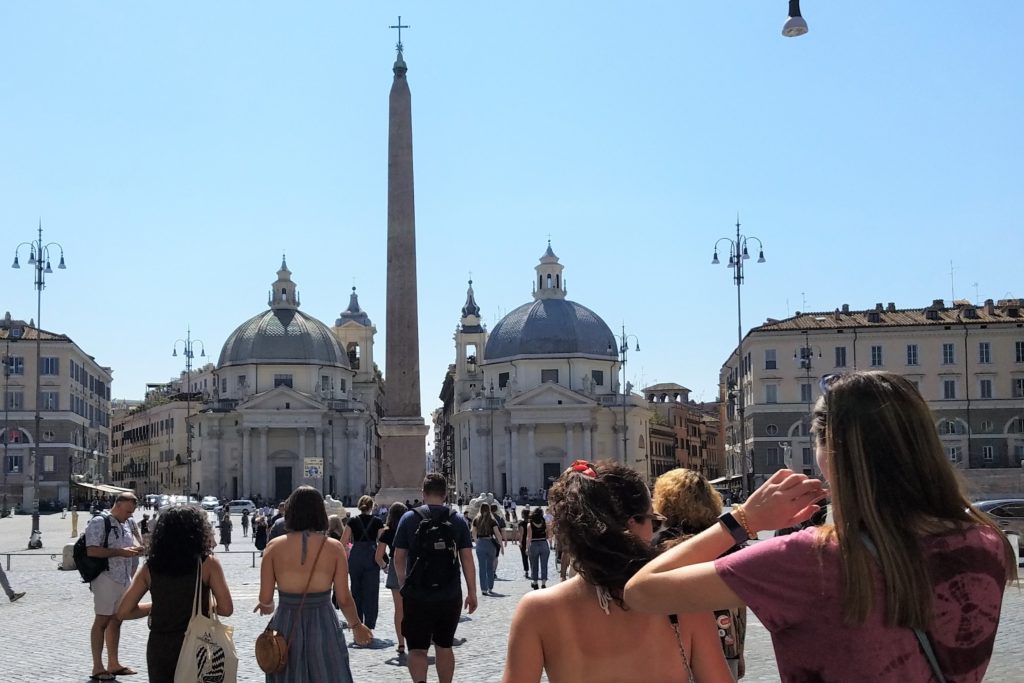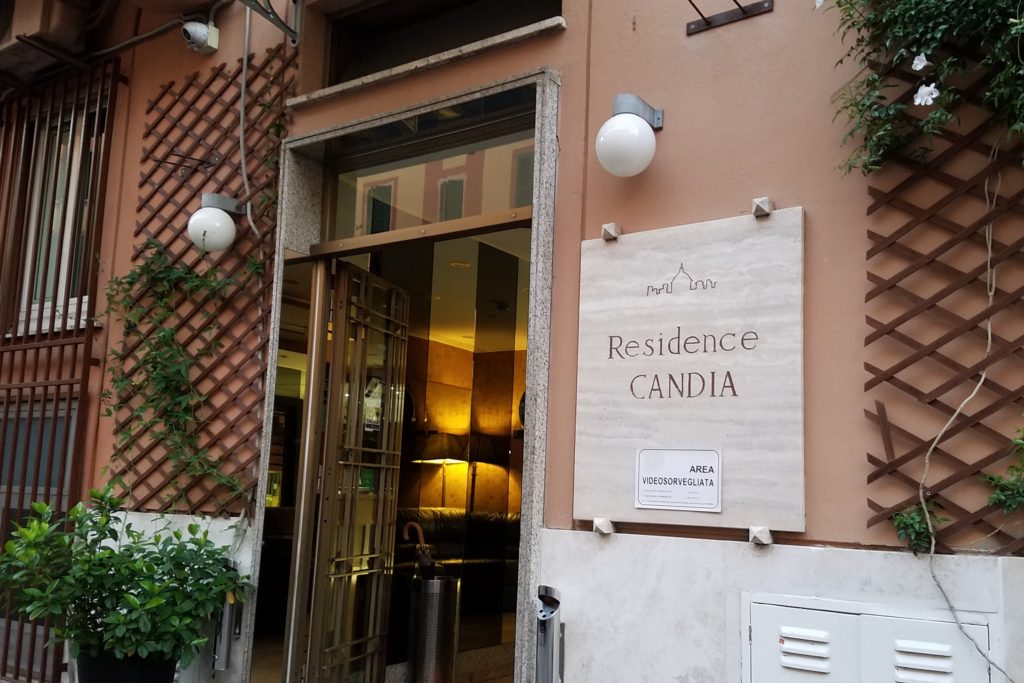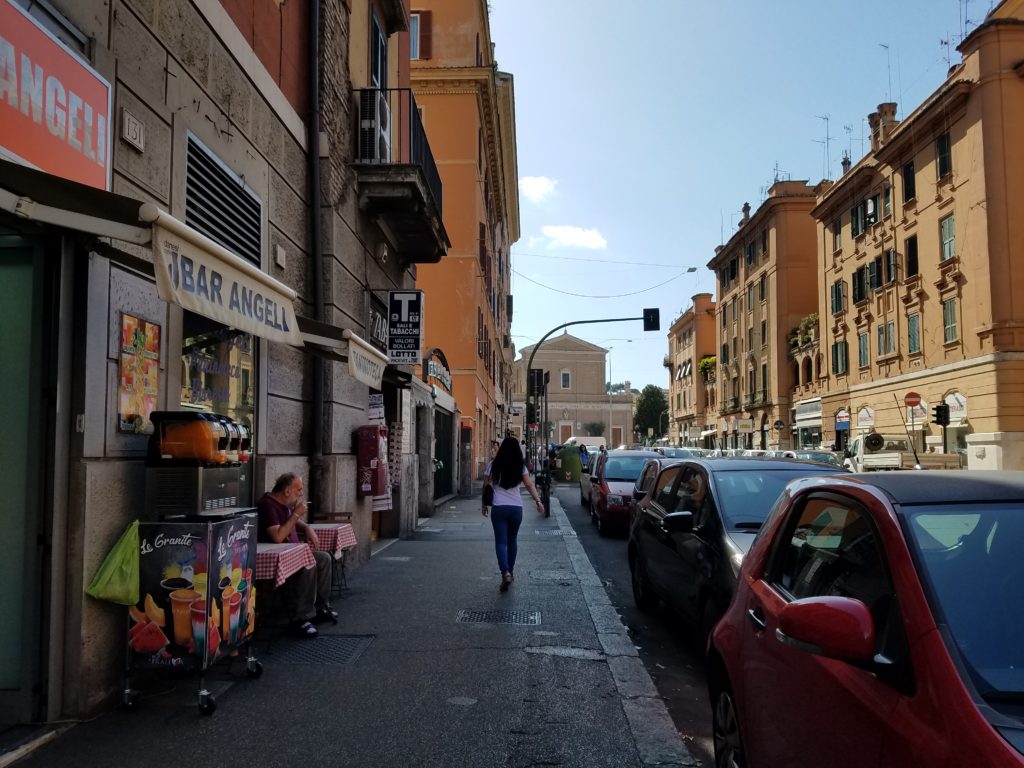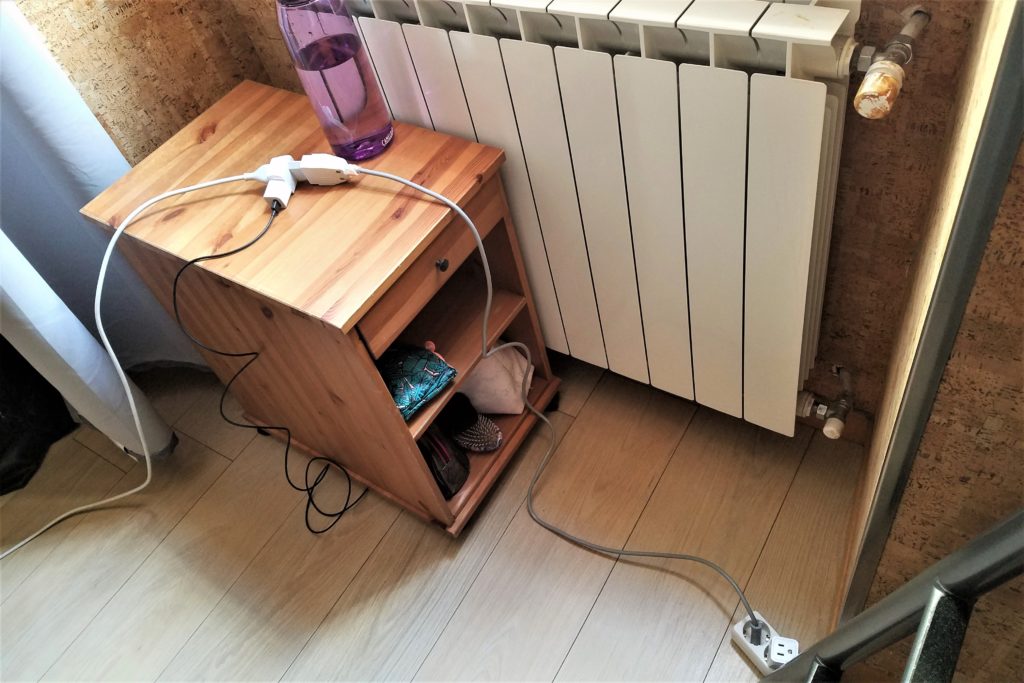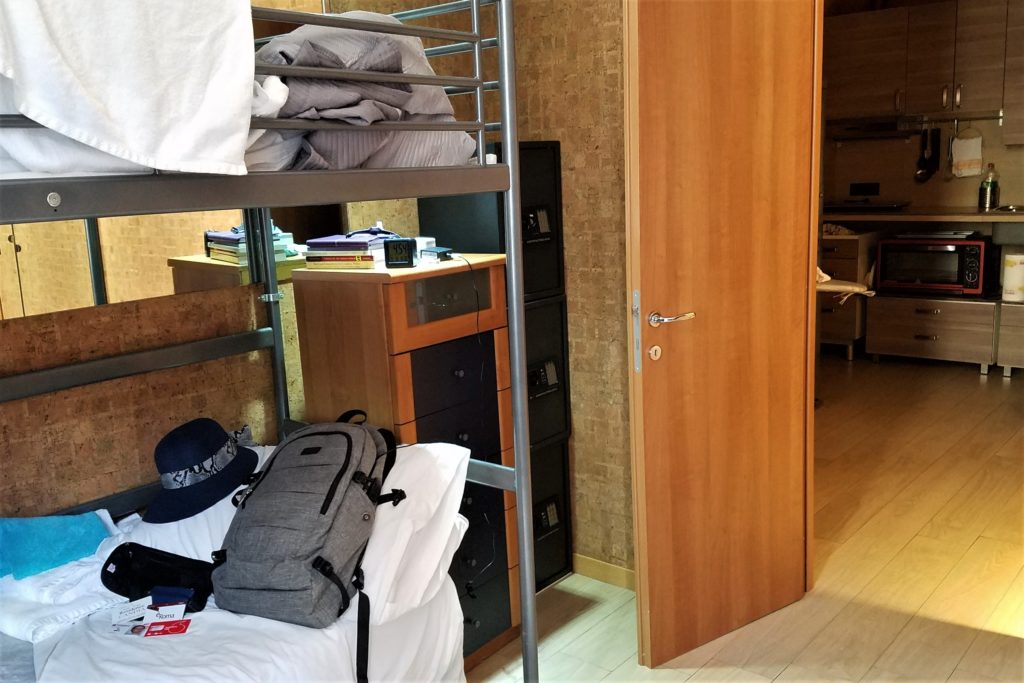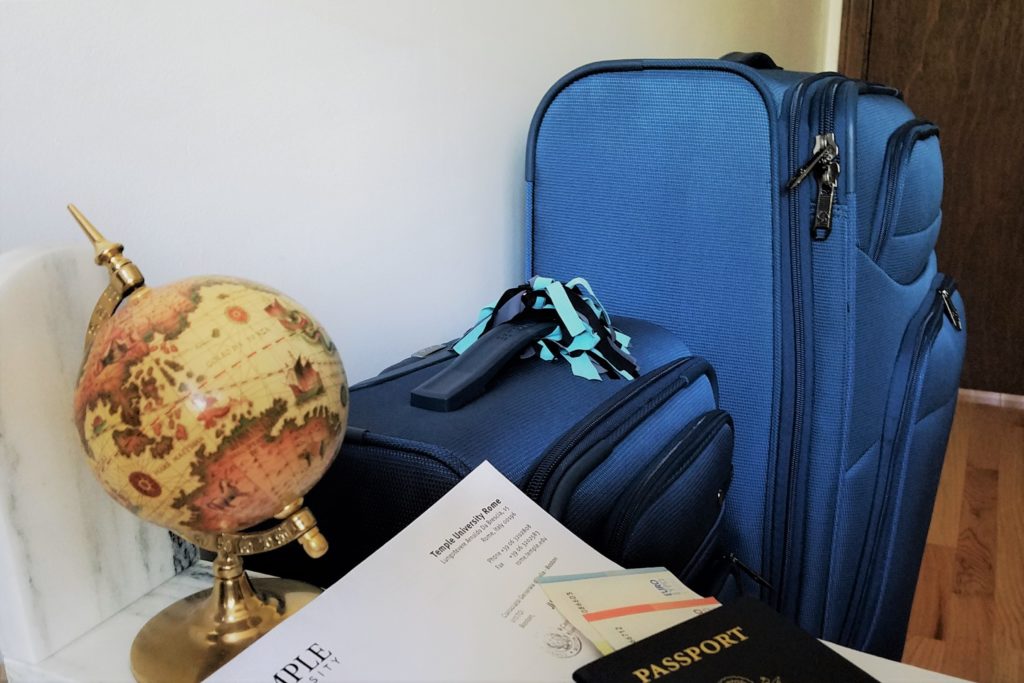Greetings, from a bus I boarded at the last minute! I didn’t plan to do this, but I’m glad that at least for the next three hours, I can rest assured that the rest of my trip will go according to my original plan. I feel relieved to be on my way to Pompeii and to be typing this amusing story on my phone.
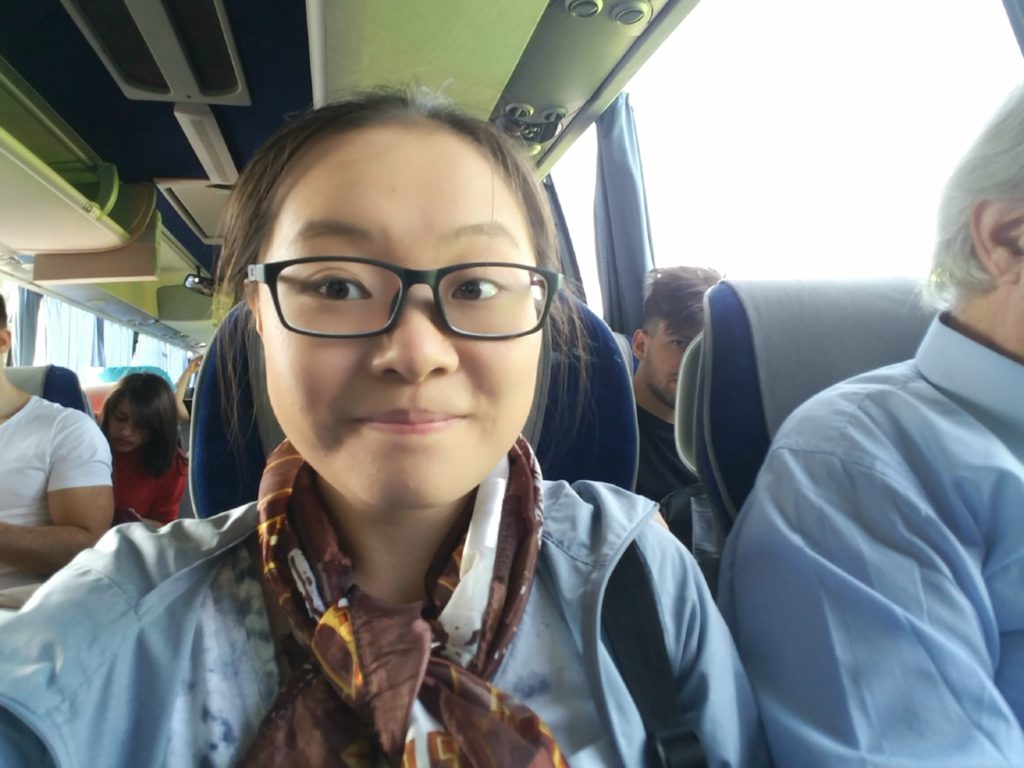
I booked this day trip a few days ago. I bought a ticket to Pompeii online and woke up early to catch my 8 a.m. ride at Roma Tiburtina station. Unfortunately, I didnt know that I’d be delayed by weekend construction at Termini station, where I had planned to catch the Linea B train to Tiburtina. The Linea B platforms were closed.
I took the replacement shuttle to the next Metro stop, where the Linea B was going to Tiburtina, and arrived at exactly 8:00. I think I saw the bus to Pompeii leaving the moment I got to the station. Ah, so close! And it was all because of the delay at Termini.
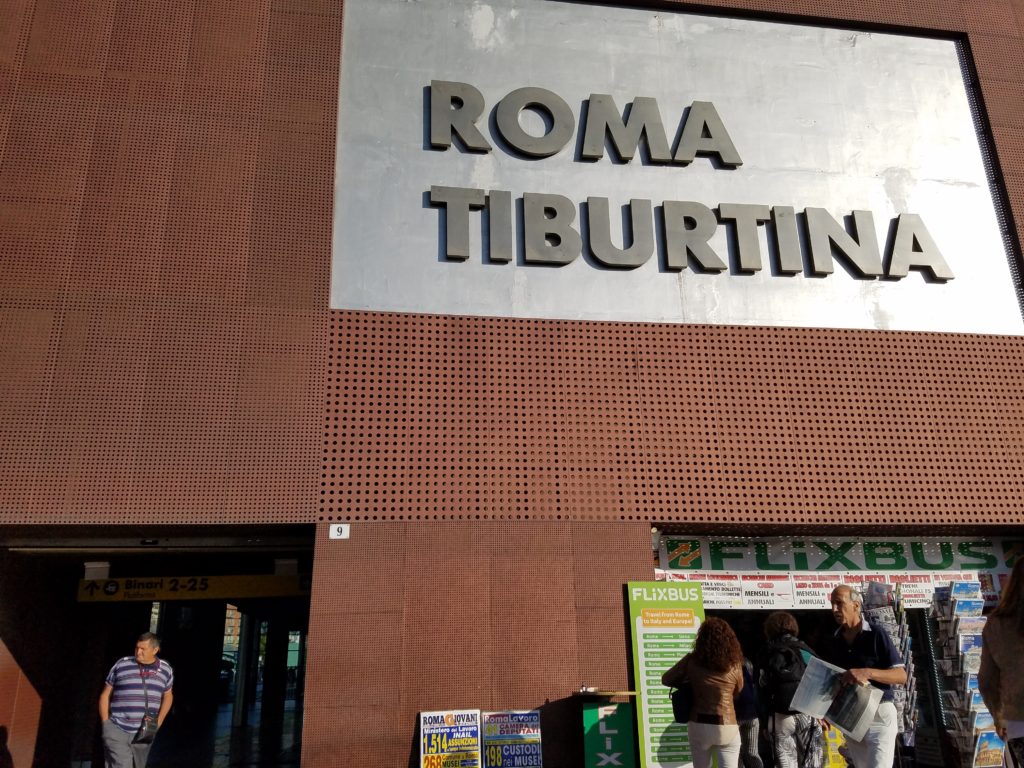
I ended up buying a ticket for the next bus to Pompeii at the station. It was for 11:35 a.m. There was no way I was going to stay at the bus station for three hours, so I decided to explore.
The delay at Termini became an impromptu trip around the area. I did a lot of things for the first time. I took a bus for the first time (fun fact I learned at orientation: in Rome, a bus might not stop for you unless you wave at it like you would do with a taxi in the States!) to a local Linea C station and rode the new line as well.
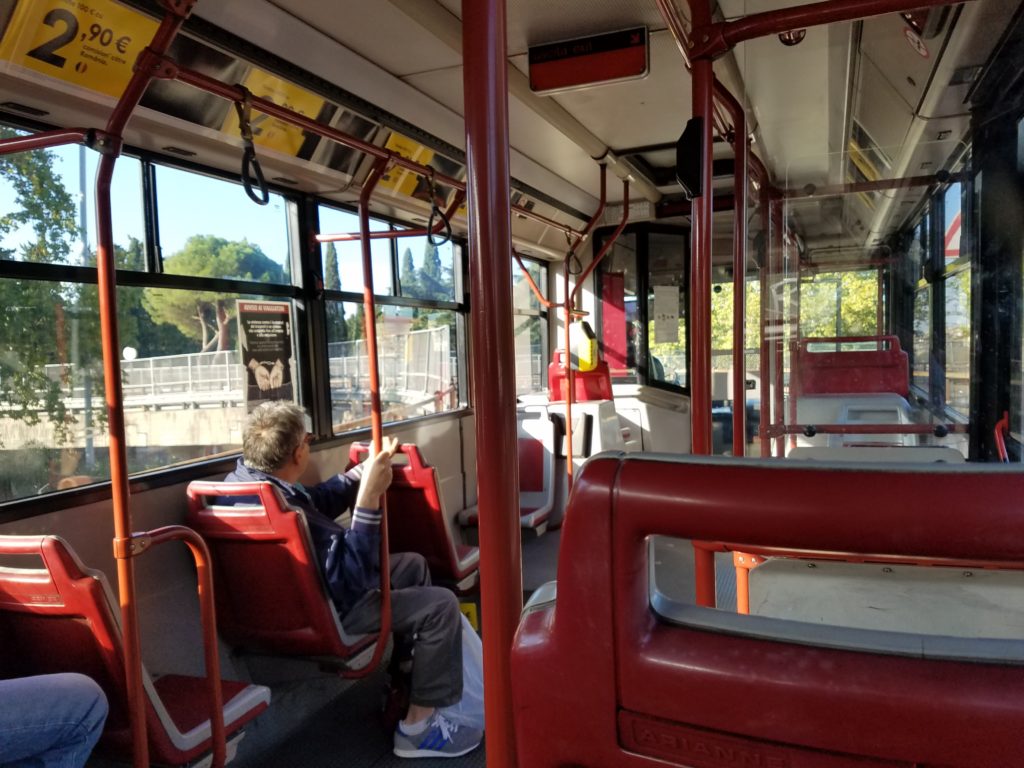
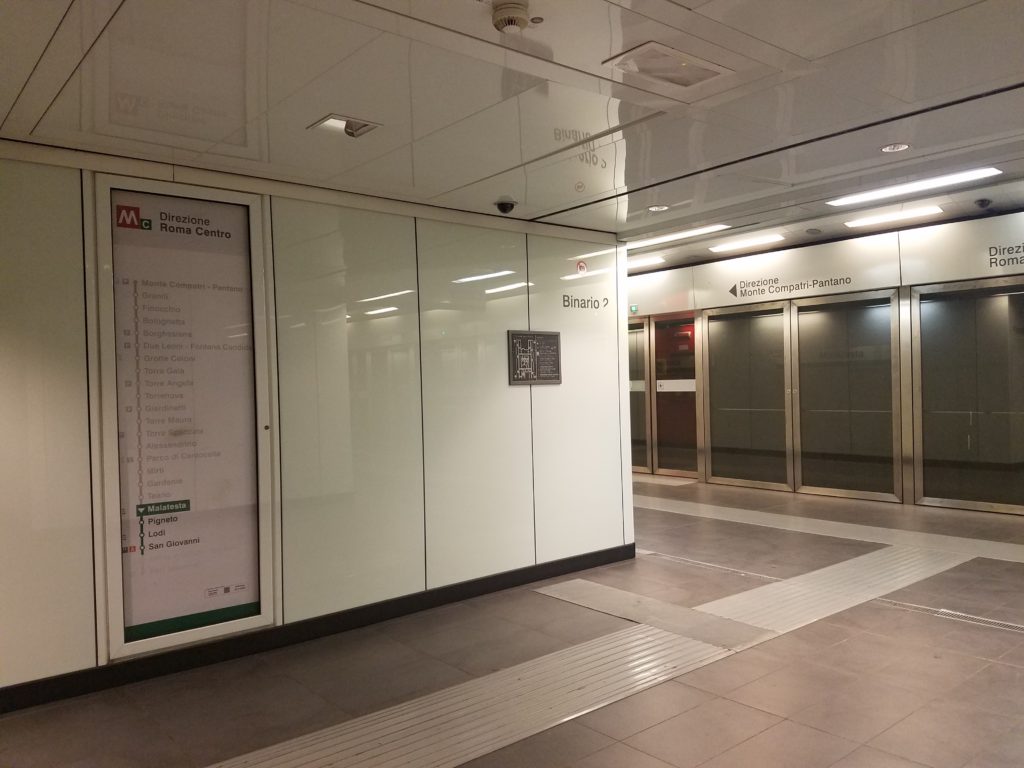
I walked around the Lodi stop and found some interesting sites. There were plenty of remnants from the ancient world that I didn’t expect to find today. There is an ancient amphitheatre and several gates and walls from antiquity as well. I saw a Latin inscription on my stroll. I’ll try to figure it out from the picture I took when I can enhance the photo on my computer.
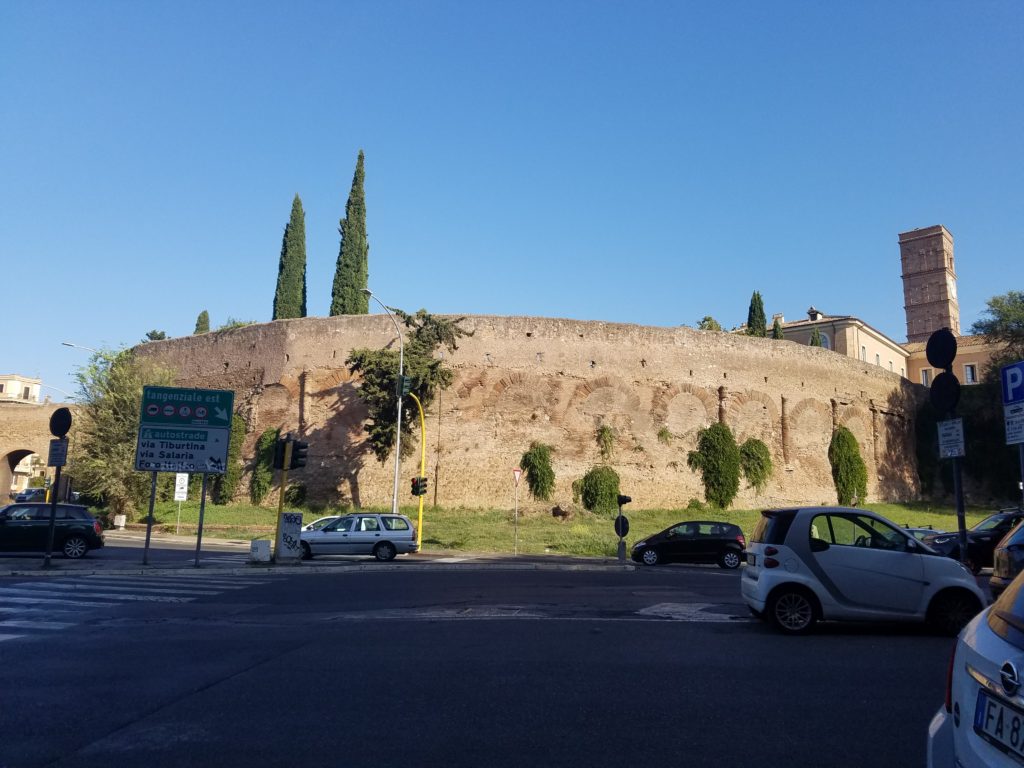
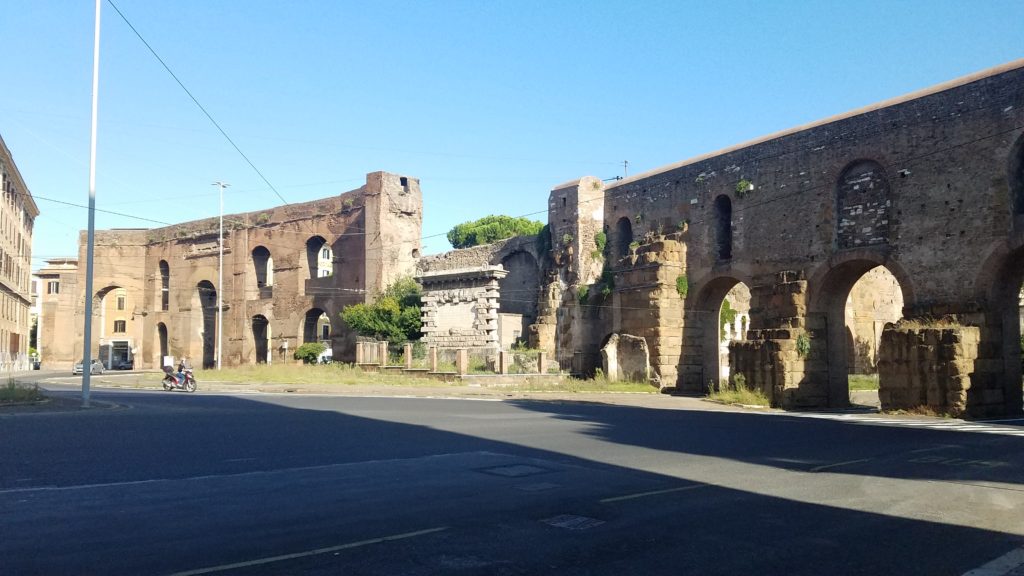
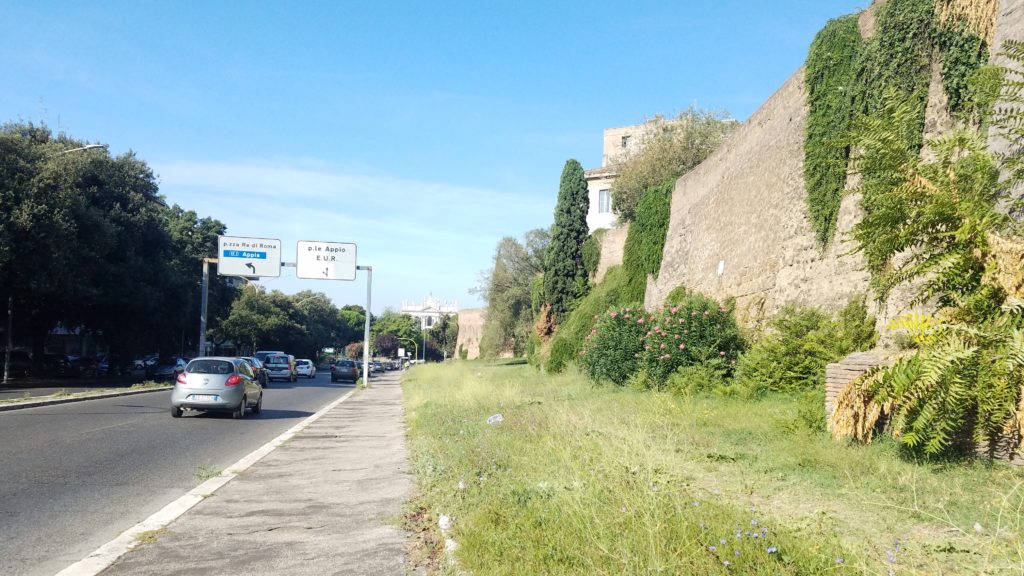
I gave myself about an hour to get back to Tiburtina. I made it to the bus station at 11:30. Close call!
I’m helping myself to the fast food I bought porta via (the Italian equivalent for “to go”) before I went to Tiburtina for the second time today. I think I’ve earned some lunch for my unexpected adventure this morning. Fries have never been so good on the bus!
I can now truly understand the importance of being flexible, able to adapt to sudden situations out of one’s control. I feel brave for improvising a new plan on the spot and for trying new things in a new part of the city.
I’m glad I could figure out what was in the previously unfamiliar area and how to get to interesting sites I found on Google Maps. I’m glad I got a nice Italian phone plan at Temple Rome during orientation. The local coverage and high monthly allowance for high-speed data was very useful in this “trip.”
This ended up being a fun adventure into the past, with all the ancient monuments and the archeological site I walked around this morning. And I’m enjoying writing this previously-unplanned post for my blog! Thank goodness I brought my battery pack and the portable WiFi device I rented during orientation.
I’m very happy that things worked out in the end, even if they didn’t at first. Making adjustments on the road is an special experience in itself.

